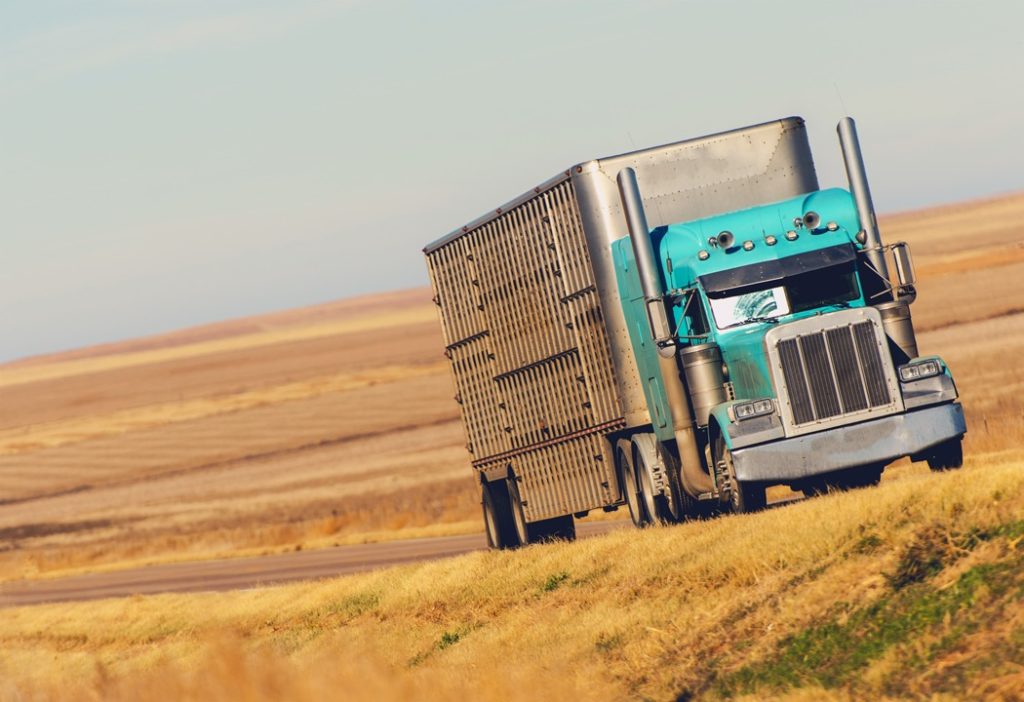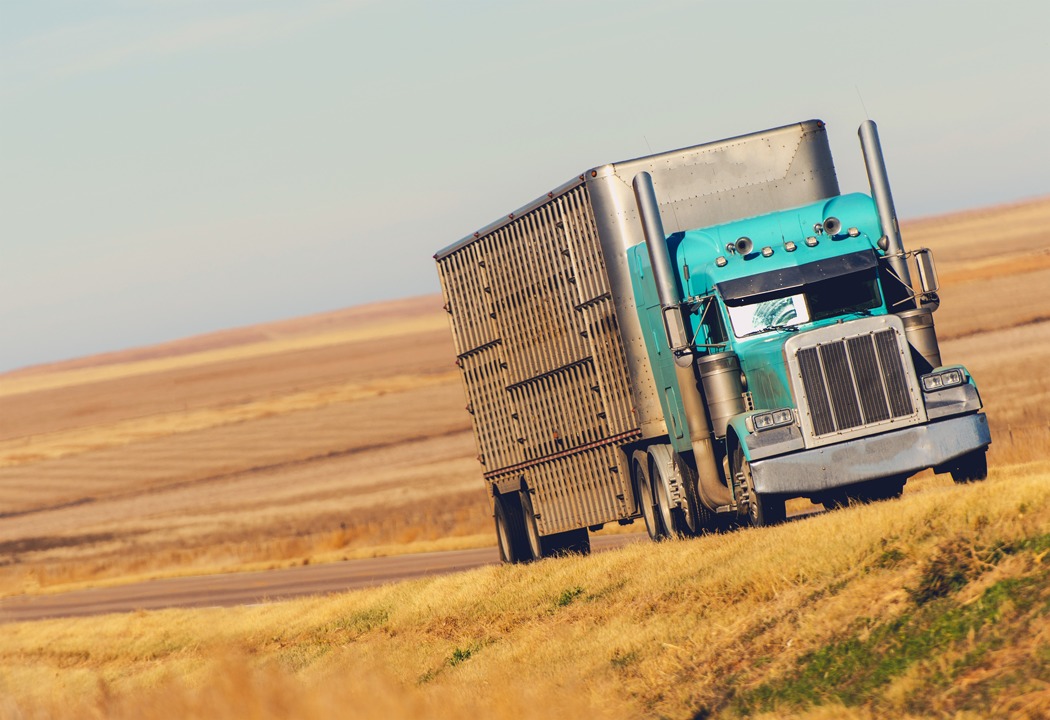
You have spent a considerable amount of time-saving up to start your own auto hauling or trucking business.
You came up with the perfect zany name and a cool logo!
Have you already selected your vehicle, and are anxious to actually get to work?
I bet you do!
What comes next, before you take on your first customer?
As a trucker, you will need to register with the Department of Transportation (DOT) in order to obtain a U.S. DOT number.
That number provides you with the operating authority and to meet certain financial, safety, and truckers insurance requirements.
Don’t forget that, in order to keep your U.S. DOT number active, your registration will need to be updated every two years.
According to the DOT it is your financial responsibility to purchase truckers insurance, whether you carry property or passengers.
Reach out to a Breezy Seguros team member to find and purchase the right insurance!
We are here to ensure you will not fall into a financial black hole after the first unexpected setback. 😉
You will need to look into policies such as:
- Truckers’ general liability insurance
- Commercial auto insurance
- Cargo insurance for auto haulers
- Workers’ compensation if you have people working for you.
These will provide coverage for:
- Bodily injury
- Loss or damage of goods
- Liability, if you get involved in a crash
- Medical costs if an employee suffers an injury on the job and a variety of other situations.
Within the DOT, a sub-agency called the Federal Motor Carrier Safety Administration (FMCSA) oversees the trucking industry and enforces compliance with safety and commerce regulations.
Different situations require different filings.
Auto haulers and truckers operating within a state (i.e. intrastate carriers) have to register with state authorities as well.
Breezy Seguros offers both Massachusetts and federal insurance filings through Progressive, a company with more than 40 years’ worth of experience.
Once you file for authority, we will take care of the rest since you need certain filings as proof that your business meets federal and state requirements.
A few of the filings and forms we can handle for you are:
Federal filings and forms
- BMC-34 or BMC-83 filing: Household Goods Motor Carrier Cargo Liability Certificate of truckers insurance
- BMC-91 and BMC-91X filing: Motor Carrier Automobile Bodily Injury and Property Damage Liability Certificate of Insurance
- MCS-90 Form: Endorsement for Motor Carrier Policies of Insurance for Public Liability
- MCS-82 Form: Motor Carrier Public Liability Surety Bond under Sections 29 and 30 of the Motor Carrier Act of 1980
- BMC-35 Form: Notice of cancellation of BMC-34, BMC-91, and BMC-91X (Notice of Cancellation Motor Carrier Insurance under 49 U.S.C. 13906)
Intrastate truck filings forms
- E filing: proof that your commercial auto insurance meets state regulations.
- F filing: policy endorsement that customizes your coverage in order to meet Massachusett’s financial guidelines.
- H filing: a declaration that you have adequate cargo liability insurance.
- K filing: cancellation of a previous state insurance filing.
Other filings
- SR-22 filing: certificate of financial responsibility, on file with the state of Massachusetts verifying you have auto insurance that meets the minimum legally required coverages.
- SR-26 filing: filed when the SR-22 is no longer needed or insurance is canceled for any reason.
Apart from completing all appropriate filings and obtaining all applicable truckers insurance policies, you are responsible for being aware of and complying with all applicable FMCSA safety regulations in the interest of keeping your company and the roads as safe as possible.
The FMCSA provides a free guide named to help you understand registration, operational, vehicle, and driver requirements.
At Breezy Seguros we also understand how important it is to protect your truck when your income depends on it so we can secure specialized coverage through Progressive for a variety of vehicle types such as, but not limited to:
- Box trucks
- Semi-trucks
- Flatbed trucks
- Front-loaders
- Tank trucks
- Tractors
- Dump trucks
- Garbage trucks
- Pickup trucks
- Flatbed trailers
Being in the business of assuming responsibility for vehicles and other types of cargo in order to get it from point A to point B means truckers insurance and commercial liability and cargo insurance should be at the top of your insurance portfolio.
If you are an auto hauler, for example, you are exposed to a variety of extra liability risks.
Given the very high value of your cargo, you should purchase much higher limits on your cargo liability insurance.
A general recommendation is to carry no less than a $250,000 cargo insurance limit.
For auto haulers, the FMCSA requires a minimum liability limit of $1 million.
Some specific risks associated with car hauling are:
Damage to new cars
Any damage sustained by a brand new vehicle while in transit can snowball into a very costly situation.
That happens because the cost of the repair is significantly smaller than the decrease in the price the dealer can sell it for afterward.
That happens because the vehicle can no longer be classified as brand new, therefore, it worths less.
Your insurance may cover the repair cost but not the sale price reduction.
So if you do not have the right policy you may be responsible for that yourself. 🙁
Also, if the damage is serious or extensive enough, the manufacturer may choose not to sell the car at all.
They do that in order to protect themselves against liability if the person who buys it gets in an accident and the car is deemed defective due to the damage it sustained while in transit.
With that said, having auto hauler diminished value coverage is vital.
Theft
Cars are particularly vulnerable to theft, either of the entire car or of car parts.
Some insurance companies will only cover auto theft from an unattended truck if you can demonstrate that you took “reasonable measures” to protect it which can be a complicated situation to prove.
Therefore, if you choose to purchase unattended vehicle coverage make sure the terms of your policy are very clear in that regard in order to avoid unpleasant surprises and protracted disputes down the line.
Clearance risks
Suto haulers can end up with particularly high cargo loads as they attempt to fit as many cars as they can on their trucks.
Miscalculating your trailer’s clearance can result in accidents and damage to your cargo so a lot of auto hauler insurance policies exclude this type of scenario from their coverage.
In order to properly protect you, your auto hauler policy should include bodily injury, property damage, medical payments, collision coverage, uninsured or underinsured motorist coverage as well as cargo liability coverage, trailer coverage (for physical damage to your trailer), and trailer interchange insurance (coverage for trailers not owned by you).
If all the parameters you have to take into account and the minutiae of the different types of coverage have your head spinning, let Breezy Seguros streamline the process for you so you can simply focus on your business!








